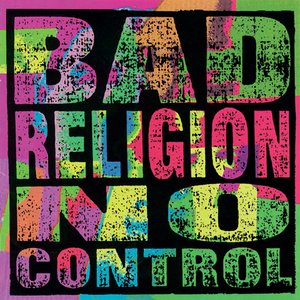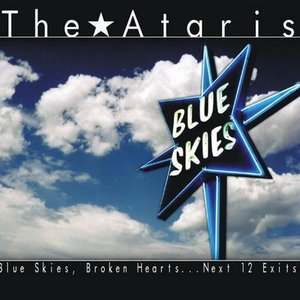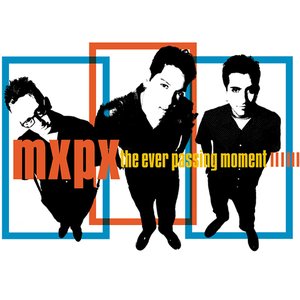Wiki
-
Release Date
21 September 2004
-
Length
12 tracks
After the grand success that was "American Idiot", the band released a deluxe version of the politically-charged punk-rock opera. This release, besides adding three new tracks, mashed together several songs into a single one. The band merged songs such as “Holiday” and “Boulevard of Broken Dreams” into a single song called “Holiday / Boulevard of Broken Dreams” so that the listener could experience the seamless instrumental transition between both tracks. The new tracks added were “Too Much Too Soon”, “Shoplifter”, and “Governator”.
Released in 2004, "American Idiot" wasn’t quite a reincarnation for the band, but it was close. They’d been experimenting with polka music, salsa, dirty versions of Christmas songs, and, maybe most radically of all, not sounding angry all the time. In place of the compression that made their early albums so indelible came a strange new dream: Billie Joe Armstrong wanted to write something big and operatic. He wanted to write “Bohemian Rhapsody.”
Weird as it sounds, it was more or less a logical next step. After all, the band was already playing the arenas—why not act like an arena-rock band? Anchored by two sprawling nine-minute song-suites (“Jesus of Suburbia,” “Homecoming”) and a loose unifying story, American Idiot wasn’t just their most musically varied album (it upped their quotient of military marches, glockenspiel, and Celtic-sounding ballads by 100%), but their most emotionally varied one, too, by turns bratty (“American Idiot”), anthemic (“Boulevard of Broken Dreams”), goofy (“She’s a Rebel”), and reflective (“Wake Me Up When September Ends”), sometimes all in the space of the same song.
And where they’d always been political in a casual, lowercase way, here they made their message bolder, channeling their frustrations toward a host of American infirmities, from widening class inequality to the ascendance of religious evangelism to the country’s looping preoccupation with war. In case it wasn’t clear where the band was coming from, Armstrong often performed the title track wearing a novelty mask of George W. Bush.
Most of all, "American Idiot" marked the moment when Green Day truly embraced their status as old-fashioned rock stars: ambitious, anthemic, a little clunky, but committed to the big ideas. The album became their best-selling since "Dookie" and was famously adapted for the distinctly un-punk setting of Broadway—a leap no band of their distinctly subcultural origins had ever really made before. In other words, here was a band by and for losers, finally accepting that they’d won.
Album descriptions on Last.fm are editable by everyone. Feel free to contribute!
All user-contributed text on this page is available under the Creative Commons Attribution-ShareAlike License; additional terms may apply.












